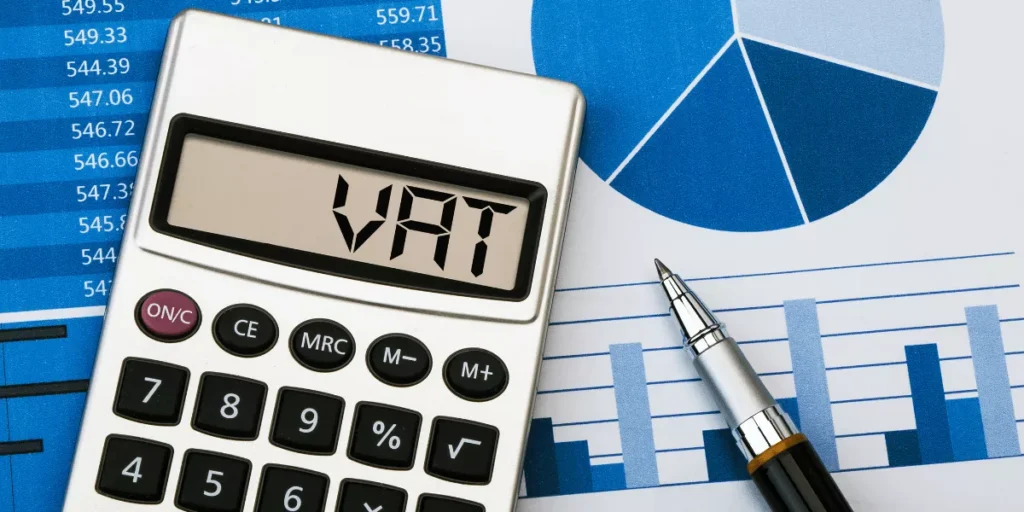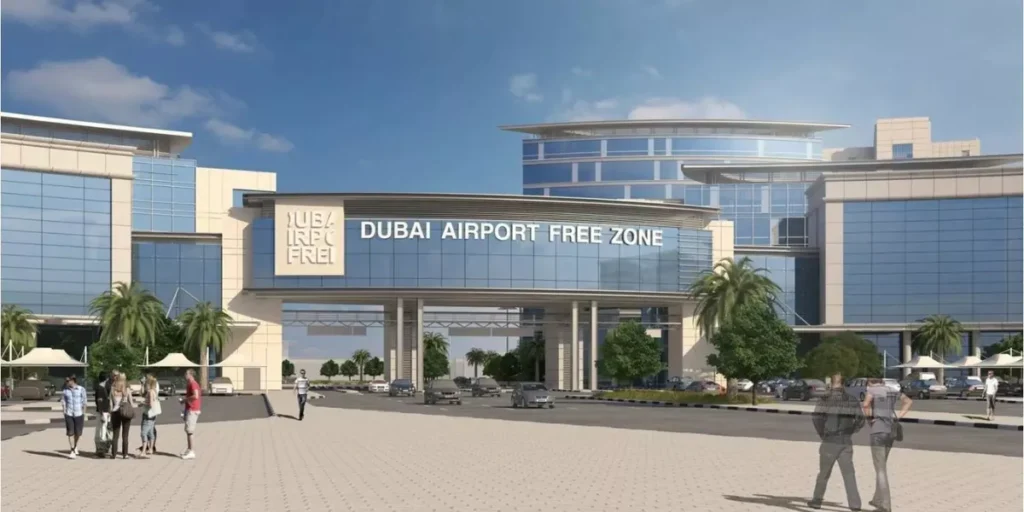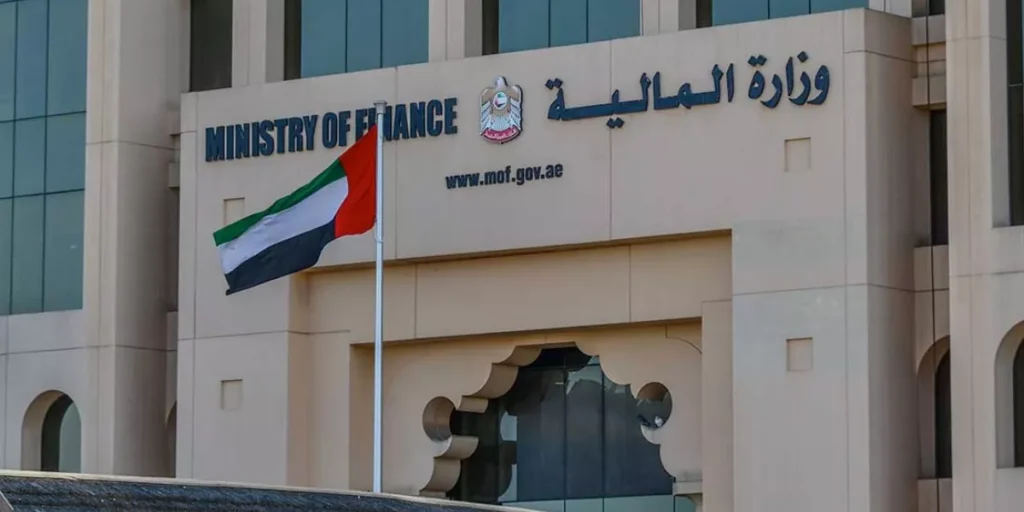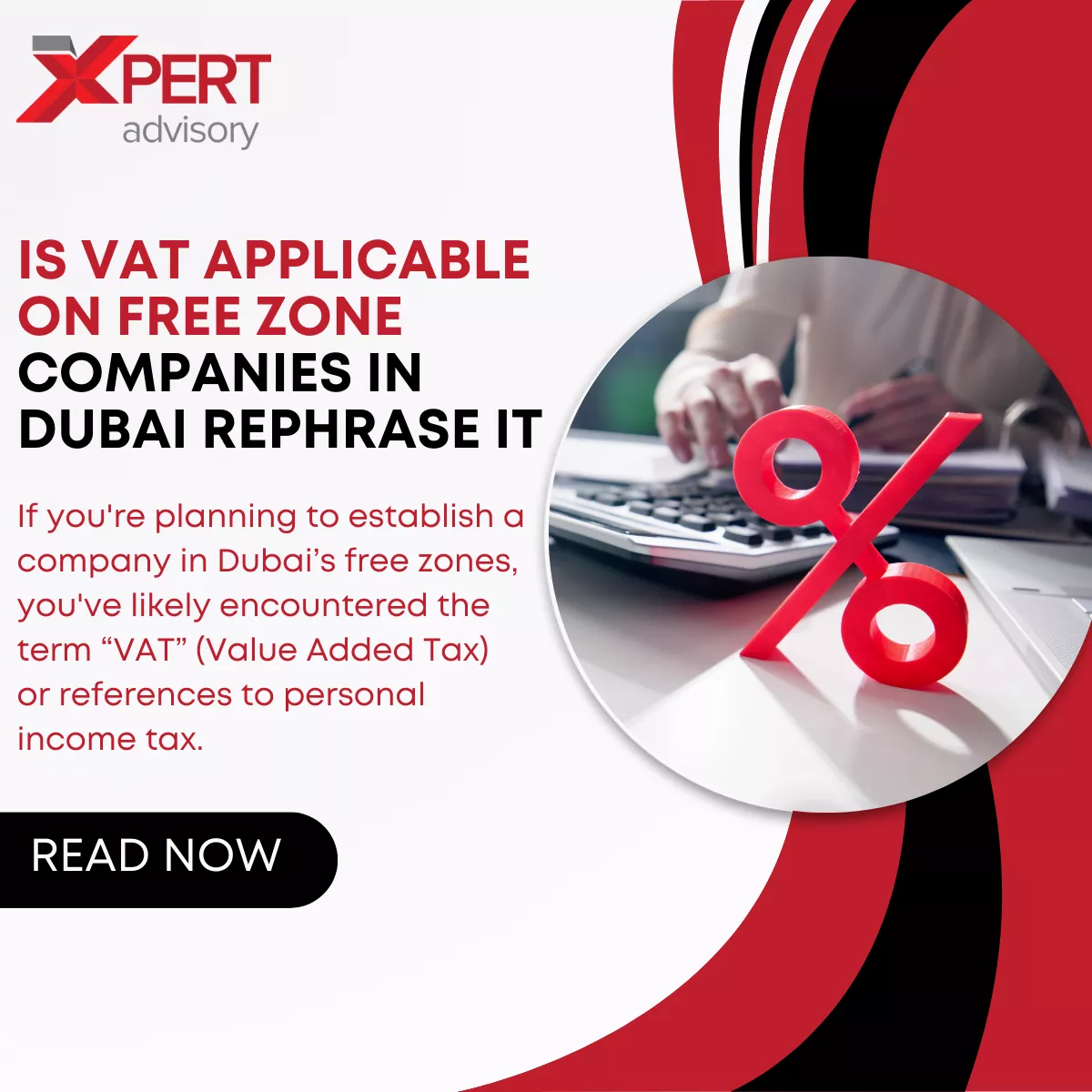If you are considering starting a company in Dubai’s free zones, you’ve likely come across the term “VAT”— Value Added Tax or personal income tax. Since its introduction, VAT has been a common question among businesses and entrepreneurs. Whether VAT applies to free zone companies in UAE is particularly tricky since Dubai’s free zones were set up to offer certain economic benefits, which include taxes such as corporate.
So, let’s get to know the answer to the question of “is VAT applicable on free zone companies” and separate some common questions that will help you get a clear picture of how VAT on free zones may or may not affect your business.
What is a Free Zone?
Free zones, also referred to as free trade zones or special economic zones, are designated areas where businesses can operate with special UAE VAT laws and executive regulations, usually including tax exemptions and reduced customs duties.
These free zones in the UAE are established to attract foreign investment and boost economic activity. They often offer streamlined administrative processes, making it easier for companies to set up and operate.
What is VAT in Dubai?

VAT or income tax number was introduced in the UAE on January 1, 2018, at 5%. It’s a consumption tax applied to goods and services, and it’s collected at every stage of the supply chain, in the long run falling on the end consumer. The goal was to expand the UAE’s economy, reduce reliance on oil, and maintain its top-notch infrastructure.
Free zones play a key role in offering businesses special VAT treatment, as they are considered outside the UAE for VAT purposes. This allows for exemptions and unique handling of supplies in specific sectors and regions.
Dubai Free Zones and Their Special Appeal
Dubai has over 30 free zones. These free zones offer unique incentives and opportunities for businesses. These free zones are governed by their regulatory frameworks, which can lead to exemptions and benefits that aren’t available in other parts of the UAE.
But things get a little more complex when it comes to VAT-free zones. Whether VAT applies to your free zone company largely depends on two things:
- The businesses need to take a specific free zone where they operate.
- The type of business activities you engage in.
Designated vs. Non-Designated Free Zones
For VAT purposes, free zones in UAE are classified into two categories:
Designated Free Zones
These zones are treated as “outside the UAE” for VAT purposes. Certain business transactions within these zones may qualify for VAT exemption with standard rules. However, only specific import and export duties transferred between designated zones benefit from this VAT-free reputation.
Non-Designated Free Zones
These are treated as a part of the UAE territory, meaning that VAT implementation to transactions within those zones is just like the ones performed on the mainland.
The List of Designated Zones in Dubai

The UAE’s Federal Tax Authority provides an official list of Designated Free Zones. Some of Dubai’s businesses which take place within the Designated Zones include:
• Jebel Ali Free Zone (JAFZA)
• Dubai Airport Free Zone (DAFZA)
• Dubai South Free Zone
• Dubai Silicon Oasis (DSO)
If your business in UAE operates within one of those Designated Free Zones, you can qualify for VAT exemptions on certain transactions. It’s crucial to observe that this treatment of existing free zones doesn’t mean you’re totally exempt from VAT—it best applies to certain goods and services.
Does VAT Apply to Free Zone Company?
Here are the following scenarios to see “Is VAT Applicable on Free Zone Companies?” Let’s dig into this:
Goods and Services Within Designated Free Zones
Transactions involving goods between the Designated FreeZone commonly input VAT recovery. However, VAT would likely apply if you’re providing movement of goods to a purchaser outside the Designated Free Zone or importing items into the UAE.
Services Within and Outside Designated Free Zones
When it comes to services, the regulations of the free zone are less flexible. Generally, services provided by companies in Designated Free Zones are subject to VAT group, even if the transaction takes place within the same zone.
Non-Designated Free Zones
If your business operates in Non-Designated Free Zone authorities, you’re generally subject to the VAT system on items and offerings, similar to businesses operating on the mainland.
How Does VAT Affect Different Types of Businesses in Free Zones?
Here is how VAT might impact a few common types of businesses within free zones.
- Trading Companies: If your business involves importing or exporting goods within the Designated Zone, these transactions are likely VAT-exempt. However, if you’re selling to customers in the mainland UAE, VAT would apply.
- Service Providers: For businesses in this region providing services within free zones, VAT is generally applicable, even in Designated Free Zones. So, if you run a consultancy or offer professional services within a free zone, you’ll need to charge and remit VAT.
- Logistics and Storage Companies: If you operate a warehousing or logistics company within a Designated Zone, you might be exempt from VAT on transactions within that zone. But once your services extend to the mainland or non-designated Free Zones, VAT rules kick in.
How to Register for VAT in a Free Zone

If VAT applies to your business activities, you’ll need to register with the UAE Federal Tax Authority (FTA). The VAT registration process is straightforward and can be completed online. Here’s what you need:
- A copy of your trade license
- Details of foreign enterprise ownership and your business activities
- Estimated annual turnover
- A list of suppliers and customers
Filing VAT Returns as a Free Zone Company
Once registered, you’ll be required to file VAT returns quarterly. This involves:
- Collecting VAT: Charging VAT at 5% on taxable goods and services and issuing VAT compliance invoices.
- Claiming Input VAT: You’re eligible to reclaim VAT-free zone needs on business-related purchases, also known as input VAT treatment. This can help offset the cost of VAT on your sales with security measures and customs controls.
- Paying VAT: If the VAT collected exceeds the VAT paid, you’ll need to remit the difference to the FTA. If the input value added tax exceeds the output VAT, you can apply for a refund.
The Final Words
When it comes to the question “Is VAT applicable to free zone companies in Dubai?,” the answer largely relies upon your business activities, the location of your company, and the nature of your transactions. While some companies of goods between designated zone areas can benefit from VAT exemptions on certain supplies of goods, the application of VAT on services is typically unavoidable. Businesses in Non-Designated Free Zones, on the other hand, are generally subject to VAT regulations much like mainland businesses.
At Xpert Advisory, we specialize in company formation, including the incorporation of free zone companies in Dubai. We also help you understand VAT exemptions and VAT obligations, thereby ensuring your business stays tax-efficient with the storing and processing of goods. Contact us today to get expert insights tailored to your unique needs.
Frequently Asked Questions
Is VAT applicable in Dubai duty-free?
No, the VAT framework does not apply to goods bought in Dubai Duty-Free for passengers leaving the UAE. However, VAT applies to purchases within the UAE.
Is there VAT on free zones in UAE?
VAT applies to Free Zone companies in the UAE, but exemptions exist in Designated Free Zones for goods transferred within or exported, while services generally incur VAT.
How can I avoid VAT in Dubai?
To avoid VAT, businesses in Designated Free Zones must ensure goods stay within the zone or are exported. However, business knows the treatment of existing VAT on services is typically unavoidable.


